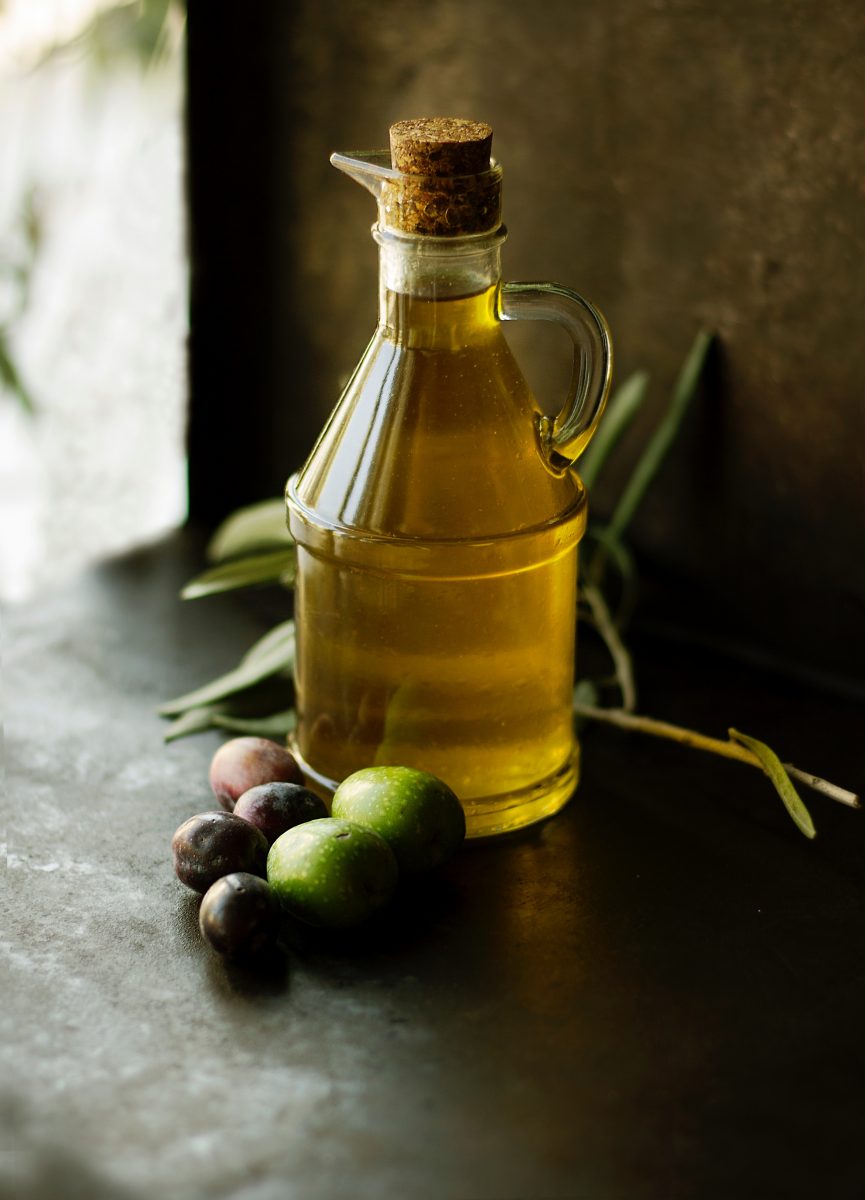Virgin Olive Oil May Help Reduce SLE Activity, Mouse Study Suggests
Written by |

Virgin olive oil, especially its phenol components, showed anti-inflammatory properties in mice with systemic lupus erythematosus (SLE) and in human immune cells, according to a new Spanish study. The findings suggest future use in SLE treatment.
The research, “Virgin olive oil and its phenol fraction modulate monocyte/macrophage functionality: a potential therapeutic strategy in the treatment of systemic lupus erythematosus,” was published in the British Journal of Nutrition.
Increasing research has focused on the role of the innate immune system in SLE. In particular, monocytes and macrophages, two types of immune cells, are altered in patients with this disease, favoring a pro-inflammatory response.
In recent years, diet has received increasing interest as a means to combat inflammatory diseases. In lupus, studies have shown that an appropriate diet can help manage disease symptoms without the side effects linked to medications, thus increasing patients’ quality of life.
These diets must be rich in vitamins and fiber, and with an appropriate amount of monounsaturated and polyunsaturated fatty acids (MUFA/PUFA).
Virgin olive oil is the main source of MUFA in the Mediterranean diet and its consumption correlates with lower risk of diverse chronic inflammatory disorders.
Both oleic acid, a MUFA, and compounds known as phenols — present in high concentrations in olive oil — have anti-inflammatory and antioxidant properties, and may contribute to the health benefits of Mediterranean diet.
Studies in SLE mouse models have shown that virgin olive oil (VOO) reduced paw swelling, spleen and thymus weight, urinary protein level, and kidney damage compared to sunflower oil, which is not as rich in oleic acid and phenols.
Also, work in blood cells derived from SLE patients and in mice showed that the phenol fraction of VOO regulates the cells’ immune activities.
However, the anti-inflammatory effects of VOO in SLE and the role of its phenol fraction in the activity of monocytes and macrophages remains unexplored in animal models.
So, researchers from University of Seville, Spain, explored the effect of a diet with VOO on the inflammatory response of macrophages in a mouse model of SLE.
They also assessed whether its phenols affect the immune activity and plasticity — the ability to “change identity” — of human monocytes and macrophages from healthy volunteers.
After having established SLE, mice were fed a diet containing VOO or sunflower oil for 24 weeks. Of note, the dose of VOO in mice was equivalent to 20 grams per day for a person of 70 kilograms (154 pounds) body weight, the scientists noted.
Compared to sunflower oil, mice given VOO showed reduced release of nitrite — known for blood vessel widening and oxidative stress — and of TNF-alpha and IL-17, two inflammatory molecules.
The phenol fraction extracted from VOO led to similar decreases in human cells exposed to an inflammation activator called lipopolysaccharide, while it also reduced the production of the enzyme inducible nitric oxide synthase, which typically is high in inflammation.
Levels of the protein PPAR-gamma, previously suggested to have anti-inflammatory effects, were increased, while those of the pro-inflammatory TLR4 were lowered in these cells.
This phenol fraction further favored anti-inflammatory macrophages, over the pro-inflammatory subtype. Studies in patients with SLE reported a deregulation in pro- and anti-inflammatory macrophages, favoring the pro-inflammatory ones.
Overall, the study provided evidence that both VOO and its phenol fraction have anti-inflammatory properties, the researchers said. “Thus, we anticipate that [VOO], and particularly its [phenol fraction], can be helpful in reducing SLE activity,” they wrote.
They added that future studies should assess individual phenol components, appropriate doses, and long-term intake of this phenol fraction in healthy volunteers, as well as in SLE patients.




